Tax FAQ’s
These are some of the most common questions (and the answers!) that we received this past tax season.
How do I pay taxes if I’m self-employed?
If you aren’t having taxes withheld from a paycheck, you need to make estimated payments throughout the year. To do this, you’ll need to estimate your taxable income for the full year, and make payments each quarter through the IRS website.
How will my equity compensation be taxed?
Equity compensation can be very nuanced, but here is how the most common types will impact your taxes:
RSUs
When you own the shares: Upon reaching the vesting date.
The timing and nature of taxes: Taxed at the vesting date (ordinary income) – taxable income is the value of the shares vested (total shares x vesting date share price). After vesting, changes in the share price are taxed as capital gains/losses when the shares are sold.
Non-Qualified Stock Options
When you own the shares: After exercising the option.
The timing and nature of taxes: Taxed upon exercise (ordinary income) – taxable income is the difference between the exercise price and the share price on the exercise date. After exercise, changes in the share price are taxed as capital gains/losses when the shares are sold.
Incentive Stock Options
When you own the shares: After exercising the option.
The timing and nature of taxes: Taxed when you sell the shares (but note that exercising incentive stock options has the potential to trigger alternative minimum tax in the year that you exercise). If the shares are sold within 1 year of exercising or within 2 years of the grant date, you pay ordinary income taxes on the difference between the exercise price and the share price on the exercise date and capital gains tax on the difference between the price on the exercise date and the sale price. If sold more than 1 year after exercising and more than 2 years after the grant date, you pay long term capital gains taxes (a lower rate).
Why do I owe so much?
These are the most common reasons you might end up owing more than you expect:
- Federal tax withholdings on bonuses and equity compensation typically default to 22% – this may be more or less than what you need to be having withheld.
- Your income has increased, pushing you into a higher tax bracket, which means you may need to update how much you’re having withheld.
- You have self-employment or 1099 income that requires you to pay self-employment tax, which is the employee and employer portion of social security and medicare (15.3%).
Do any of my home improvements qualify for tax credits?
This is a complicated one, with some significant changes recently through the Inflation Reduction Act. The best place to start your research on what qualifies is this page from the IRS.
How can I avoid paying penalties?
If you owe a significant amount when you file your tax return – you may face underpayment penalties. There are a couple ways to avoid this:
- Pay at least 90% of your tax due for the year throughout the year through withholdings or estimated tax payments.
- Pay at least 100% of your previous year’s tax liability throughout the year (this increases to 110% if your adjusted gross income is over $150,000).
Will owning a home help lower my tax bill?
There are tax deductions available for real estate taxes and mortgage interest, but you need to itemize deductions on your tax return to be able to take advantage of these. This means your state and local taxes (which are currently capped at $10,000), mortgage interest, charitable deductions, and medical expenses that exceed 7.5% of your adjusted gross income need to be over $27,700 (the standard deduction) in 2023 if you are married and file a joint tax return. About 90% of taxpayers use the standard deduction, which means owning a home will not help lower their tax bill.
Joe Calvetti is a CPA and the founder of Still River Financial Planning, a comprehensive, fee-only financial planning firm that specializes in working with young families and professionals. Click here to learn more about how we work with clients.
Are you interested in staying up to date on new articles and other news from us? Sign up for our newsletter or follow us on Facebook and Instagram.
Ready to learn more about how we can work together? Schedule an introductory call.
Disclaimer: The information provided above is for educational purposes only and should not be considered financial, legal, or tax advice. You should consult with a professional for advice specific to your situation.






